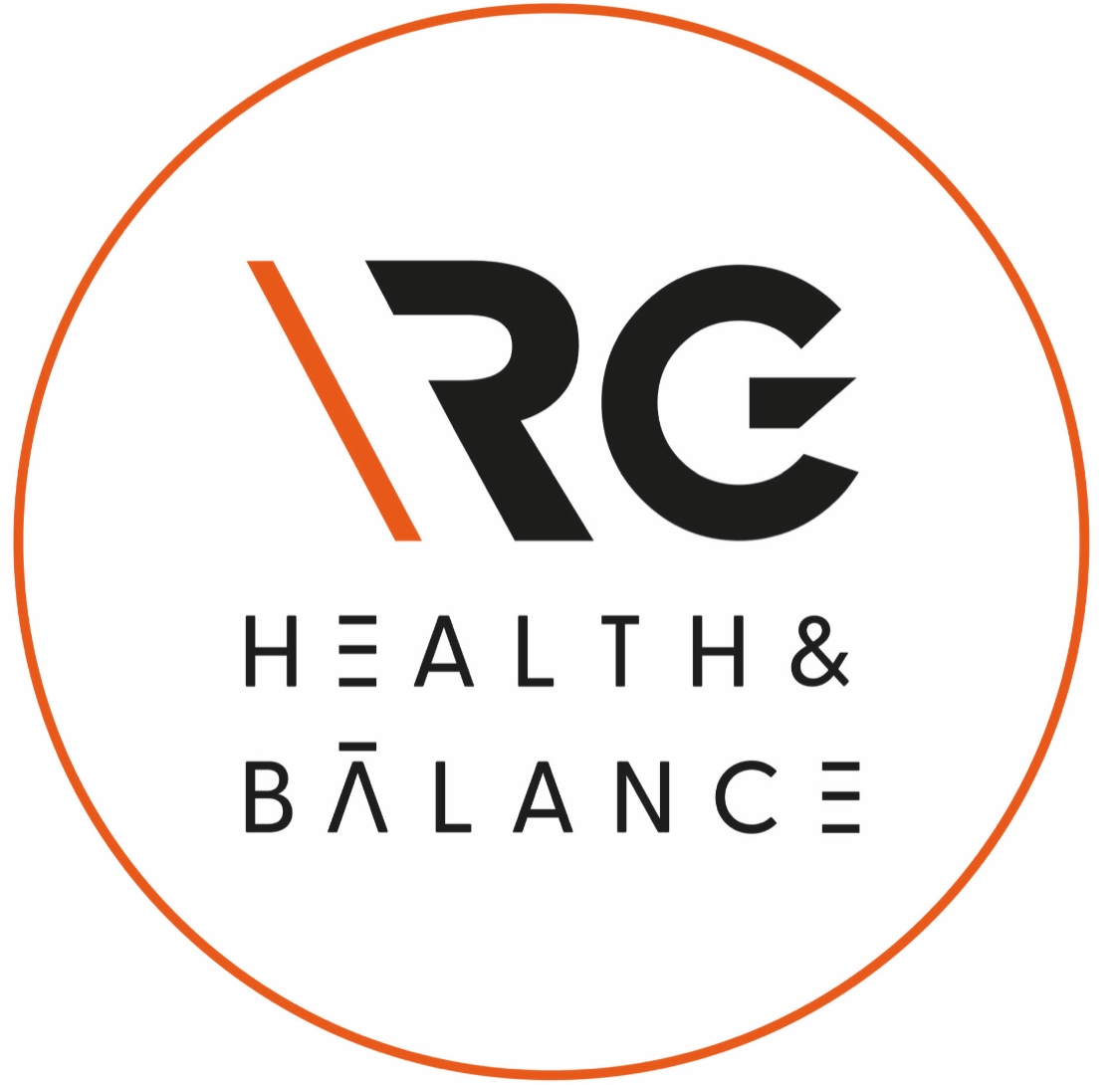Vitamins A, D, E, and K: The Essential Nutrients for Your Well-being**
- \ Raul Gabellini

- May 13, 2025
- 2 min read
Vitamins are organic compounds vital for maintaining our health. Among these, Vitamins A, D, E, and K play crucial roles in various bodily functions. Understanding their importance can help us make informed decisions about our nutrition.
Vitamin A: The Vision Protector
Vitamin A is essential for good vision, particularly in low-light conditions. It supports the immune system, promotes healthy skin, and is important for proper growth and development. Deficiencies in Vitamin A can lead to serious issues such as night blindness and a weakened immune response.
Vitamin D: The Sunshine Vitamin
Vitamin D is unique because our body can produce it when exposed to sunlight. It helps absorb calcium and phosphorus, essential for healthy bones and teeth. Vitamin D plays a significant role in immune function and may protect against certain diseases. However, many people do not get enough sunlight, especially in winter months, making supplementation necessary.
Vitamin E: The Antioxidant Hero
As a powerful antioxidant, Vitamin E helps protect cells from oxidative stress. It plays a role in immune function and skin health. Research suggests that Vitamin E may reduce the risk of chronic diseases due to its protective properties. A diet lacking in healthy fats can lead to Vitamin E deficiency.
Vitamin K: The Coagulant
Vitamin K is crucial for blood clotting and bone health. It helps synthesize proteins necessary for blood coagulation, preventing excessive bleeding. It also plays a role in maintaining bone density. A deficiency in Vitamin K can lead to increased bleeding and weakened bones.
Why Supplements Are Sometimes Necessary
While these vitamins can be obtained from a balanced diet rich in fruits, vegetables, nuts, and healthy fats, it can be challenging to meet all nutritional needs through food alone. Factors such as lifestyle, health conditions, and age can influence how well our bodies absorb these vitamins. In such cases, supplements can provide the necessary nutrients to maintain optimal health.
Conclusion
Vitamins A, D, E, and K are integral to our overall health. A balanced diet should ideally provide these nutrients, but it’s important to recognize when supplementation may be necessary. Always consult with a healthcare professional before starting any supplement regimen.




Comments